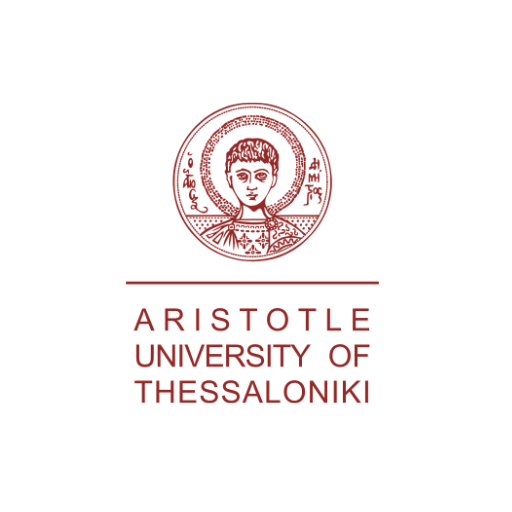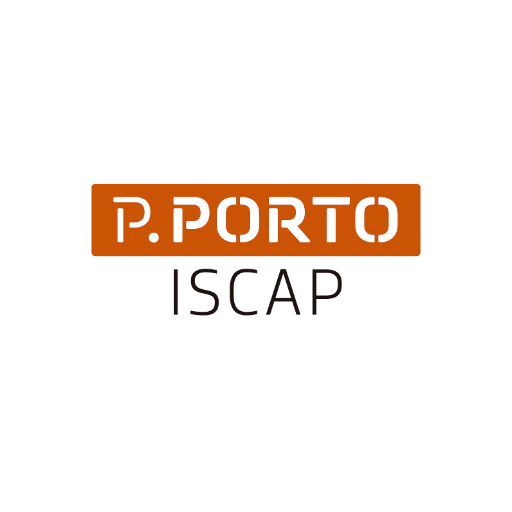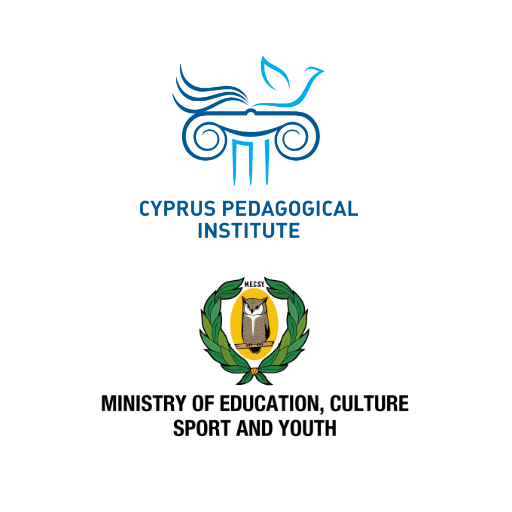A bridge to migrants’ knowledge
01
Fundamentals
Address the gap
Augmented toolkit
Training courses
A training course for teachers that will equip them with the necessary theoretical and practical knowledge for assessing newly arrived migrant students’ prior knowledge.
Language Proficiency
Monolingual policies in education
Despite the fact that Europe faces the challenge of the integration and the inclusion of newly arrived and other migrants, it seems that monolingual policies are reinforced in European education systems. Language proficiency in the dominant societal language arises as a key factor to schooling success. Several researchers across the world provide evidence and conclude that monolingual policies and practices affect students’ assessment and that language proficiency appears to affect negatively students’ results in subjects in which knowledge is not necessarily connected with the language, e.g. Science and Mathematics
Inherent limitations of the system
Lost in translation
it seems very likely that newly arrived migrants, who have extremely limited linguistic skills in the language of the host country, do not find the appropriate channels to communicate and express their knowledge to their teachers. If teachers and students had the opportunity to overcome that lack of communication, students’ knowledge would be more accurately assessed by educational professionals, and they would be placed in a grade level that matches their actual competence level.
Improving over the situation
Inclusion and diversity
Students will be more motivated to participate in the everyday classroom life and the inclusion of the migrant students will be smoother and easier for both students and teachers. This argument aligns with relevant research as identified challenges involve: teachers’ unpreparedness and/or lack of support to deal with diversity in the classroom; inappropriate grade placement; and language provision that is not adapted to the needs of students with a different mother tongue
The project will address the above challenge by combining the representational tradition of Mathematics and Science with the multimodality that characterises immersive technologies
The response of the project is an approach which promotes assessment for inclusion, combining:
█ visual representations,
█ multimodal assessment and
█ immersive technologies
in the field of Science and Mathematics.










